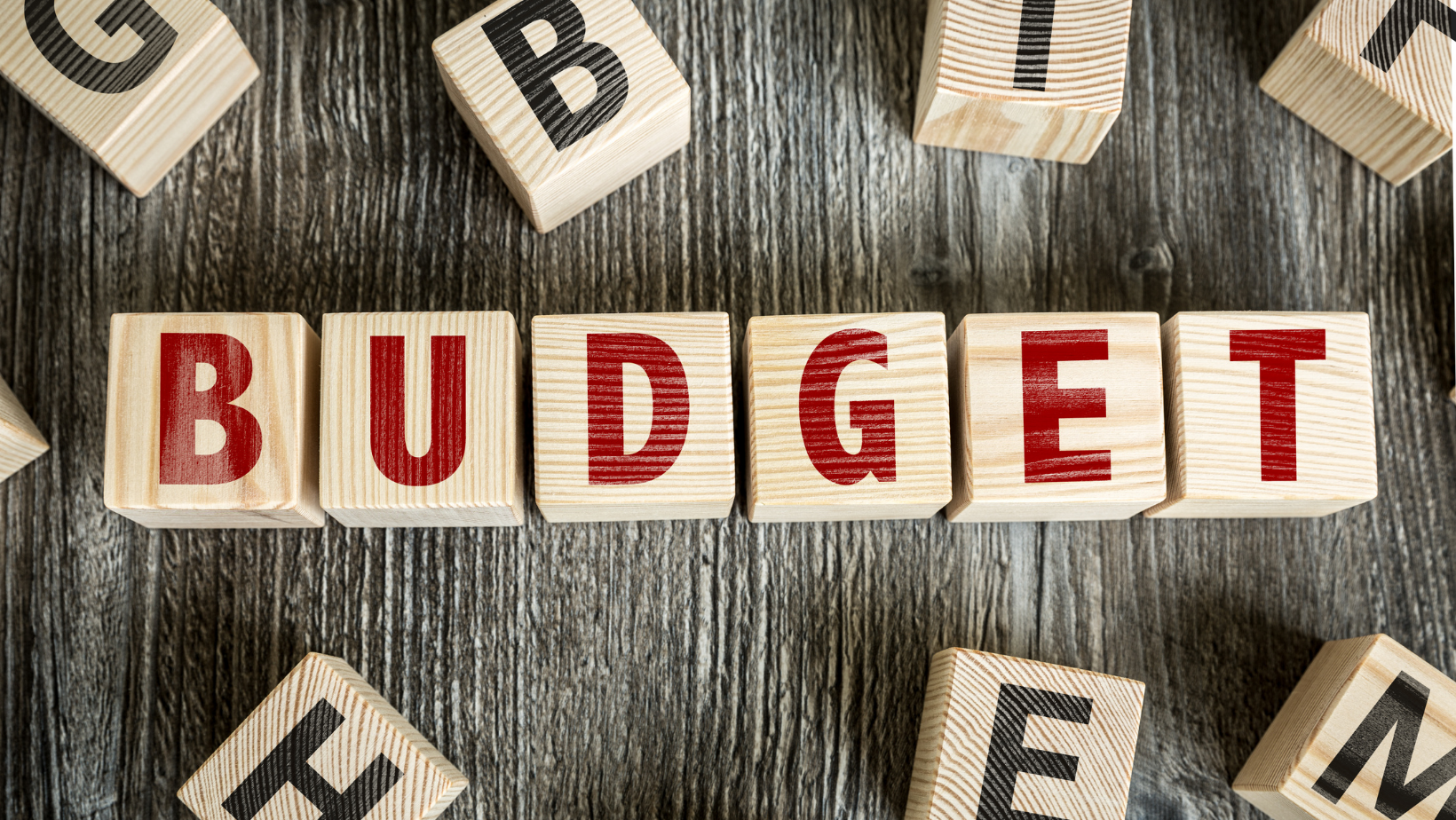
What is a Budget?
What is a Budget?
In this month's Monthly Financial Jargon series, with the holiday shopping spirit in full swing, we are aptly addressing the oversimplified and unfairly dreaded term “budget.”
What is a Budget?
When we use the word “budget,” we are referring to a goal based on our revenue and expenses, typically over a specified period of time, that we aim to keep a gauge on to ensure we are sticking to our set parameters. Put frankly, a budget is an estimate of income and expenses for a particular period of time. Any entity that involves making and spending money can implement a budget. A budget can apply to individual finances, but can also involve a larger group, such as a family, team, business, government, organization, country, etc. – the list could go on! No matter who is involved and committed to the budget, the overall meaning and characteristics of the term remain the same. We’re going to focus on personal budgets in this jargon debrief to ensure our explanation is most applicable to you.
Now, let’s break down this term a bit to really understand what we mean when we throw the word “budget” into our next conversation about our finances. A budget is utilized to achieve some sort of financial goal, whether that be saving for a home, a car, your next vacation, or simply trying to spend less money on the daily essentials like groceries and food or those seasonal holiday gifts. One of the main misconceptions of a budget is that it is only intended for situations in which money is tight; however, this could not be further from the truth. Every individual, no matter how large his or her paycheck or bank account is, can benefit from budgeting. A budget is arguably more important than the actual cash you have in your bank account because your cash flow, in other words, your personal budget, is what allows you to pay for your day-to-day life and costs. Having a gauge and handle on your money empowers you to ensure your hard-earned cash is being utilized in the best way possible.
Final Points
A budget is an invaluable financial tool. Creating a budget and following one enhances the effectiveness and success of any goal that involves money. Personal budgets are extremely useful and beneficial when it comes to managing and tracking one’s finances over both the short and long term. No matter how much money someone is pulling in, everyone can benefit from some aspect of tracking and molding his or her finances. Keeping track of your finances will also help you ensure your credit card information and bank accounts have not been compromised by hackers, which is especially important during this busy holiday season when many of us lean towards turning a blind eye when it comes to our bills and statements. To put it simply: The importance of budgeting cannot be overstated. Everything in life costs money, and a budget helps us effectively monitor all parameters of our cash flows to minimize surprises along the way.
Monthly Financial Jargon: The world of finance and investments is notorious for its extensive use of jargon. With a goal to enhance financial literacy and make the world of money more transparent, we have our “monthly jargon” articles that focus on debunking financial terms that are often used sans explanation.
Questions and/or interested in how this applies to your financial life?
Email us here: info@afsfinancialgroup.com.
Recent Posts
Blog Archives
- December 2019 (6)
- March 2023 (6)
- November 2019 (5)
- January 2020 (5)
- March 2020 (5)
- September 2020 (5)
- January 2022 (5)
- January 2023 (5)
- August 2020 (4)
- February 2021 (4)
- March 2021 (4)
- April 2021 (4)
- November 2021 (4)
- March 2022 (4)
- April 2022 (4)
- September 2018 (3)
- February 2020 (3)
- May 2020 (3)
- June 2020 (3)
- July 2020 (3)
- October 2020 (3)
- June 2021 (3)
- May 2022 (3)
- June 2022 (3)
- August 2022 (3)
- May 2023 (3)
- June 2023 (3)
- August 2023 (3)
- November 2023 (3)
- April 2024 (3)
- December 2018 (2)
- April 2020 (2)
- November 2020 (2)
- December 2020 (2)
- May 2021 (2)
- August 2021 (2)
- September 2021 (2)
- October 2021 (2)
- February 2022 (2)
- July 2022 (2)
- October 2022 (2)
- November 2022 (2)
- February 2024 (2)
- February 2019 (1)
- March 2019 (1)
- May 2019 (1)
- July 2019 (1)
- August 2019 (1)
- September 2019 (1)
- October 2019 (1)
- January 2021 (1)
- July 2021 (1)
- December 2021 (1)
- September 2022 (1)
- December 2022 (1)
- February 2023 (1)
- April 2023 (1)
- September 2023 (1)
- October 2023 (1)
- December 2023 (1)
- January 2024 (1)
- March 2024 (1)
- May 2024 (1)
- September 2024 (1)
